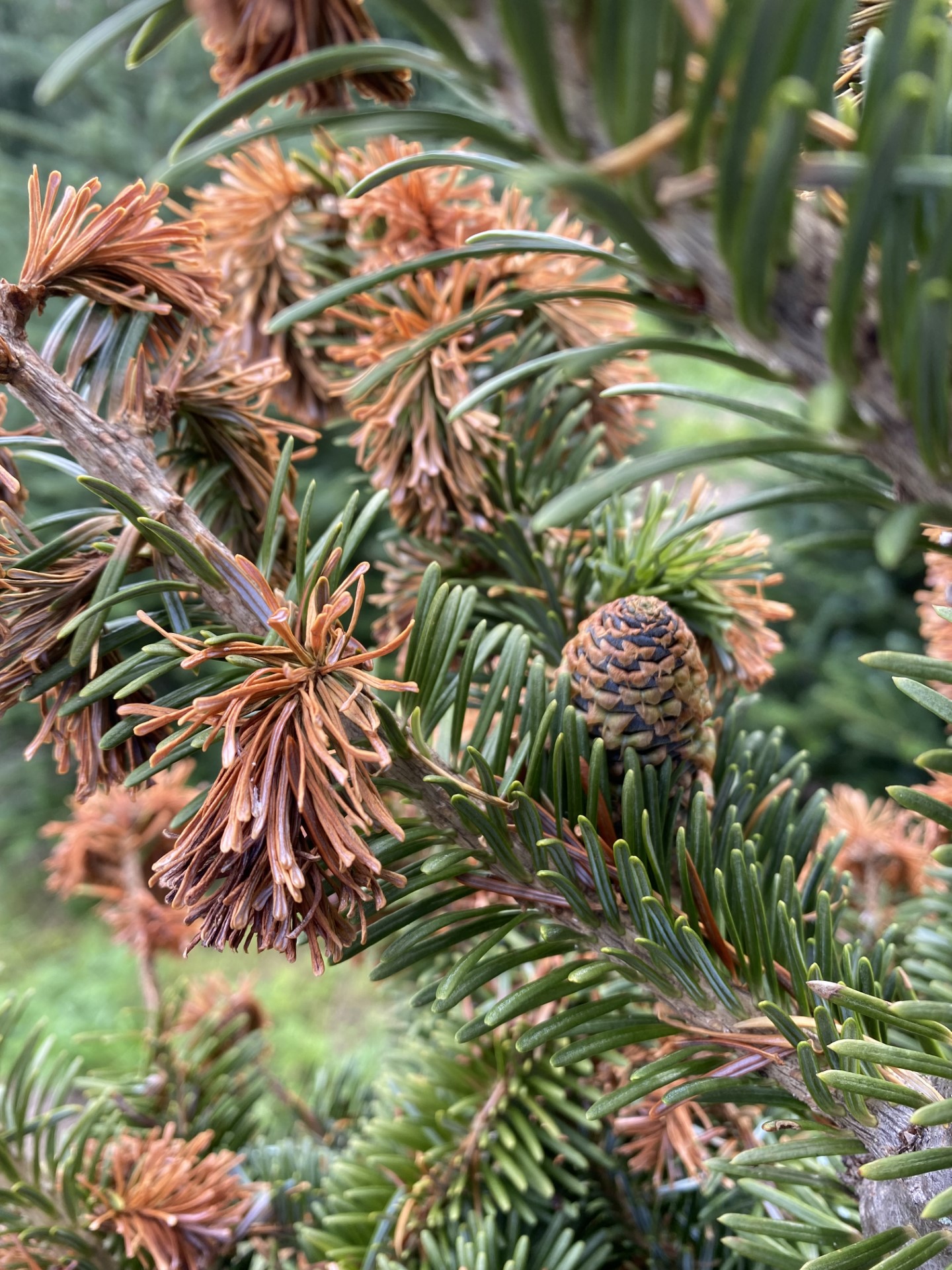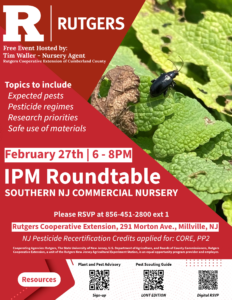Call for Public Comment – Humane Treatment of Domestic Livestock
New Jersey State legislation (A-1970/S-1298), signed into law on July 26, 2023, required the State Board of Agriculture and the Department of Agriculture to adopt rules and regulations concerning the confinement, care, and treatment of breeding pigs and calves raised for veal. The rules and regulations, which were published in the State Register on February 5, 2024 (Document: 56 N.J.R. 171(a)) are open to public comment through April 5, 2024. The bill prohibits confinement in an enclosure that impacts a breeding pig and calf’s ability to freely move in certain ways and properly groom itself and that limits visual contact with other calves, along with specific exceptions to the rule. The link above contains the complete text of the proposed rule and contact information for submitting comments via mail and email.
Submit comments by April 5, 2024, to:
Dr. Amar Patil, DVM, MVSc, Ph.D., Diplomate ACVM
Director and State Veterinarian
Division of Animal Health
New Jersey Department of Agriculture
PO Box 400
Trenton, NJ 08625-0400
Telephone: (609) 671-6400
Email: PR-AnimalHealth@ag.nj.gov
We encourage you to look at the rule and see how it may affect your operation. If you have questions, please contact:
Dr. Michael Westendorf, Animal Science Extension Specialist (michael.westendorf@rutgers.edu) or
Dr. Tess Stahl, Animal Science Extension Specialist (ts1290@sebs.rutgers.edu)



